by Teresa Kramarz
This year, I am the Academic Coordinator of a new Community of Practice for Teaching and Learning in my university's Faculty of Arts and Science. This month, I moderated our first meeting on incorporating small scale experiential learning strategies into our classrooms. Below is a resource sheet I compiled on techniques, books, and web sites I regularly use for ideas to develop active learning strategies in my classes.
Resources for Incorporating Experiential Learning Strategies in your Classes
Practical Techniques:
1. Designing In-Class Activities: Examples of Active Learning Activities from the University of Pittsburg
2. Interactive online engagement activities from Stanford University
3. Classroom Activities for Active Learning from the Center for Faculty Excellence, University of North Carolina at Chapel Hill.
4. Techniques of active learning from “Active Learning for the College Classroom” (Paulson and Faust, California State University, Los Angeles, 1998)
5. Videos on engaging students in the classroom and beyond from The University of Michigan
6. A treasure trove: 226 Active Learning Ideas from Iowa State University
7. First day strategies from Indiana university
Case studies:
1. Almost 900 case studies in all areas of science from the University at Buffalo
2. Problem Based learning clearinghouse from the University of Delaware. You need to apply for access, then you receive a password – it is all free and fairly straightforward.
3. Academic Conference Call series with the Council on Foreign Relations. Interactive calls with leading experts on a number of global issues.
4. Model Diplomacy: Fully developed simulation cases by the Council on Foreign Relations.
Online games and tools:
1. Online games for teaching economics, business and political science concepts
2. Online games, surveys, and tests (very easy to use)
3. Ten ideas for digital and analog exit tickets. These help instructors gauge understanding before, during and after a class
4. Online, blind peer assessment tool to help students review and provide feedback on the work of student peers. Note that many universities have PeerScholar already integrated into their learning management systems.
5. Easy to use mind mapping software for concept maps, organizing literature reviews, and many other uses.
Books:
1. Skott, Beth P., and Masjo Ward. Active learning exercises for research methods in social sciences. Sage, 2012.
2. McKinney, Kathleen, and Barbara S. Heyl. Sociology through active learning: Student exercises. Pine Forge Press, 2008.
3. Bean, John C. Engaging ideas: The professor's guide to integrating writing, critical thinking, and active learning in the classroom. John Wiley & Sons, 2011.

